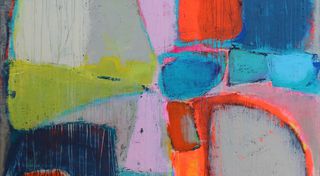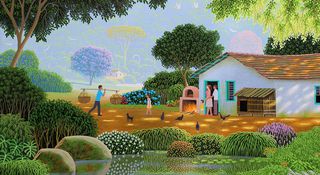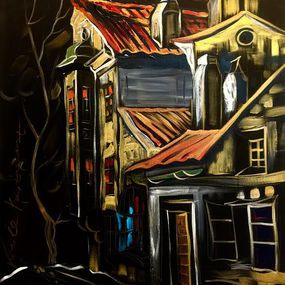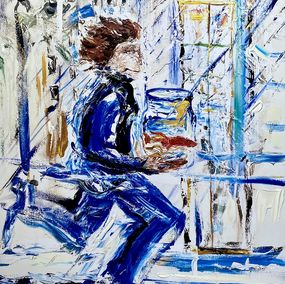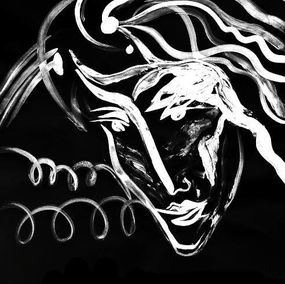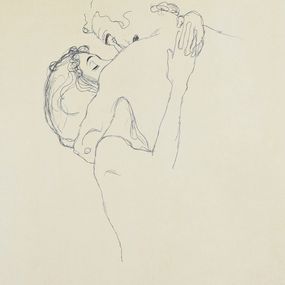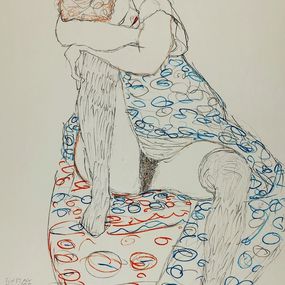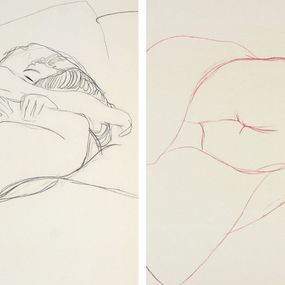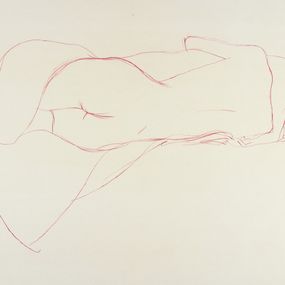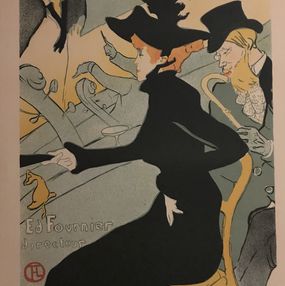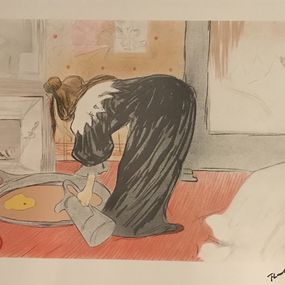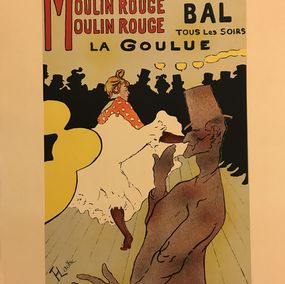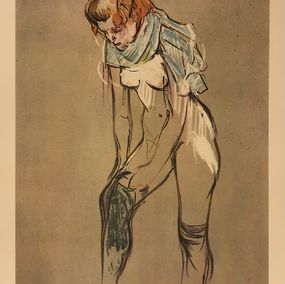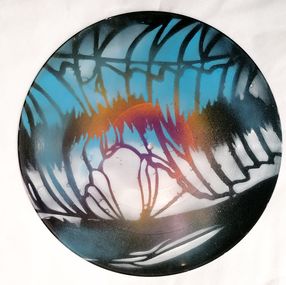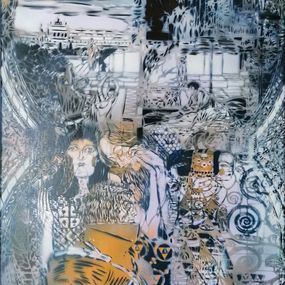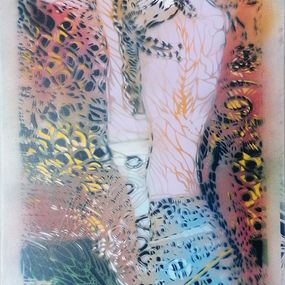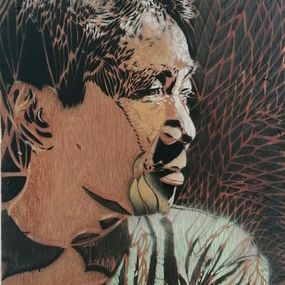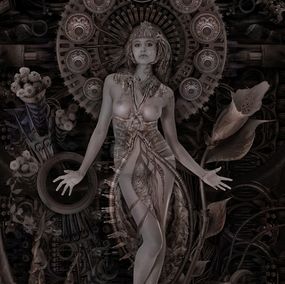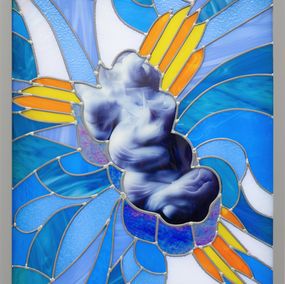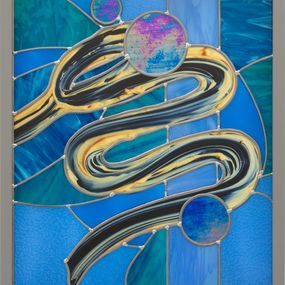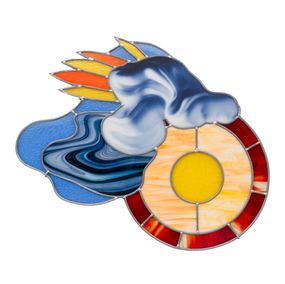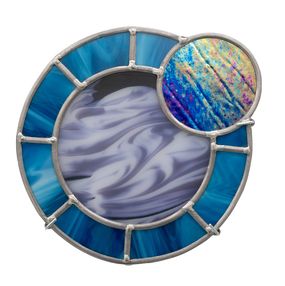
Art Nouveau
Art Nouveau is an international art, design and architecture movement that had its peak in popularity between 1890 and 1910 during the pre-World War I Belle Époque period. Art Nouveau rejected the academic art of the 19th century as well as contemporary architecture and design, which privileged eclecticism and historicism. Instead, Art Nouveau took inspiration from the natural world and its shapes, forms and colors. Common features of Art Nouveau works are asymmetry, dynamic natural shapes and forms, a sense of movement, and modern materials such as metal, iron, glass, ceramics, and even concrete.
A main goal of the Art Nouveau movement was to get rid of the perceived hierarchy that existed between the fine arts and the decorative arts. While fine arts such as painting and sculpture occupied a high position on the traditional artistic hierarchy, applied arts were not deemed as “real" art. This was a goal Art Nouveau shared with the British Arts & Crafts movement, which it took inspiration from. Some famous examples of Art Nouveau works include the Paris metro station entrances, Alphonse Mucha's large-scale posters, and the architectural and design work of the Glasgow School, which architect Charles Rennie Mackintosh was a part of.
Whether ornate posters, decorative objects, interiors, furniture or jewelry, contemporary art and design works inspired by Art Nouveau can be found across the globe. Find Artsper's selection of artists working in the Art Nouveau style, such as Kirill Postovit and Ramon Maiden, today!
